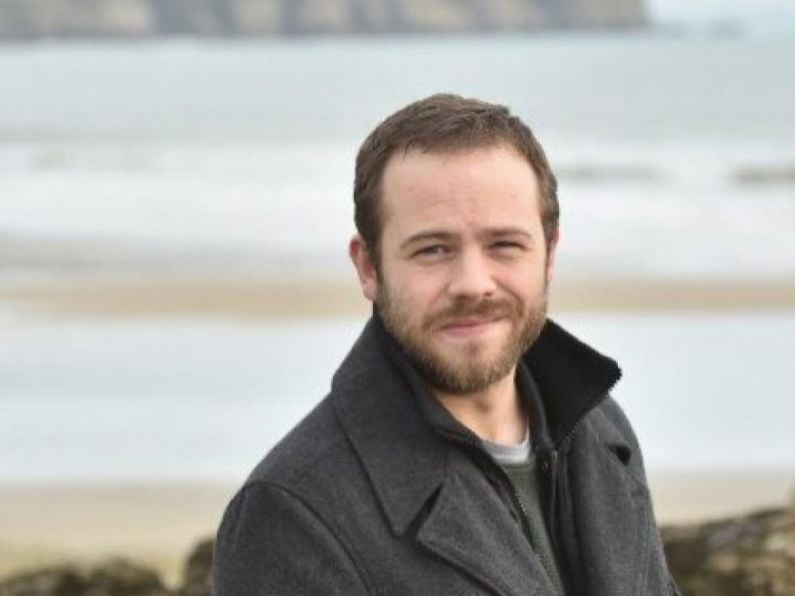
By Cate McCurry, PA
European countries reopening to summer holidaymakers will take “some time” and will depend on how quickly vaccines can be rolled out, the European Union's coronavirus chief has said.
Dr Andrea Ammon, director of the European Centre for Disease Prevention and Control (ECDC), threw doubt on plans for summer holidays abroad.
The director of the EU agency told Irish think-tank the Institute of International and European Affairs (IIEA) that she could not say when international travel will reopen.
“Reopening in the way we were in 2019 will still take some time,” Dr Ammon added.
“Reopening in a way without all these restrictions will depend on how quickly we can roll out the vaccinations and how effective the vaccine is protective in the longer run.”
“Emergency planning must be constant. We have to learn lessons and improve weaknesses all the times. Member states must learn systematically. Pending a change to the @ECDC_EU mandate a European Health Task Force may be created.” Dr Andrea Ammon pic.twitter.com/nAe7qZxhPl
— IIEA (@iiea) April 15, 2021
Dr Ammon said the introduction of widespread antigen testing is still under discussion.
A number of businesses in Ireland have started using rapid antigen testing to prepare for staff returning to work, and many hope it will be an effective way to safely reopen offices.
Dr Ammon said the EU has published guidance on its use.
“It’s very good that someone can do the test. There is of course a necessity that if the test turns positive, that there is recourse for further support, and it’s important that a follow-up test can be done so these cases are not lost to the general surveillance,” she added.
“The totalities are still under discussion but that is something that needs to be ensured.”
She also said that there is “huge potential” for digitalisation of public health, but warned that citizens must trust and be assured that their data will be protected and used in their best interests.
Contract-tracing apps never took off
She said that monitoring of future outbreaks of disease will be more digital and participative.
“To rapidly detect outbreaks and community transmission, we need good confidence and trust of the population,” Dr Ammon added.
“We have all seen that these contract-tracing apps never took off because of the low trust and take-up in the population.
“The idea for future surveillance is more digital and more participative.
“There is huge potential for digitalisation in public health. However, rigorous validation processes and clear governance will be needed.”
She also warned that emergency planning for future pandemics and outbreaks in EU member states must be constant.
“This year #Covid19 has shown us that we are even more connected globally than we thought. An infectious disease present anywhere in the world can be in Europe in 24-48 hours. Nowhere is remote. Early detection and a strong response is essential.” Dr Andrea Ammon @ECDC_EU
— IIEA (@iiea) April 15, 2021
“We want to come to a point where member states systematically learn from all these outbreaks.
“We are seeing pandemic fatigue because of a failure to engage communities in a way that they see a necessity to follow all the measures.
“We have seen that it is hugely important to have international co-operation in sharing data and sharing knowledge.
“We have seen that we are even more connected than we thought globally. Infectious diseases anywhere in the world can be around the globe and arrive in Europe within 24 to 48 hours.
“In infectious diseases, nothing is remote. All is close to home.”











